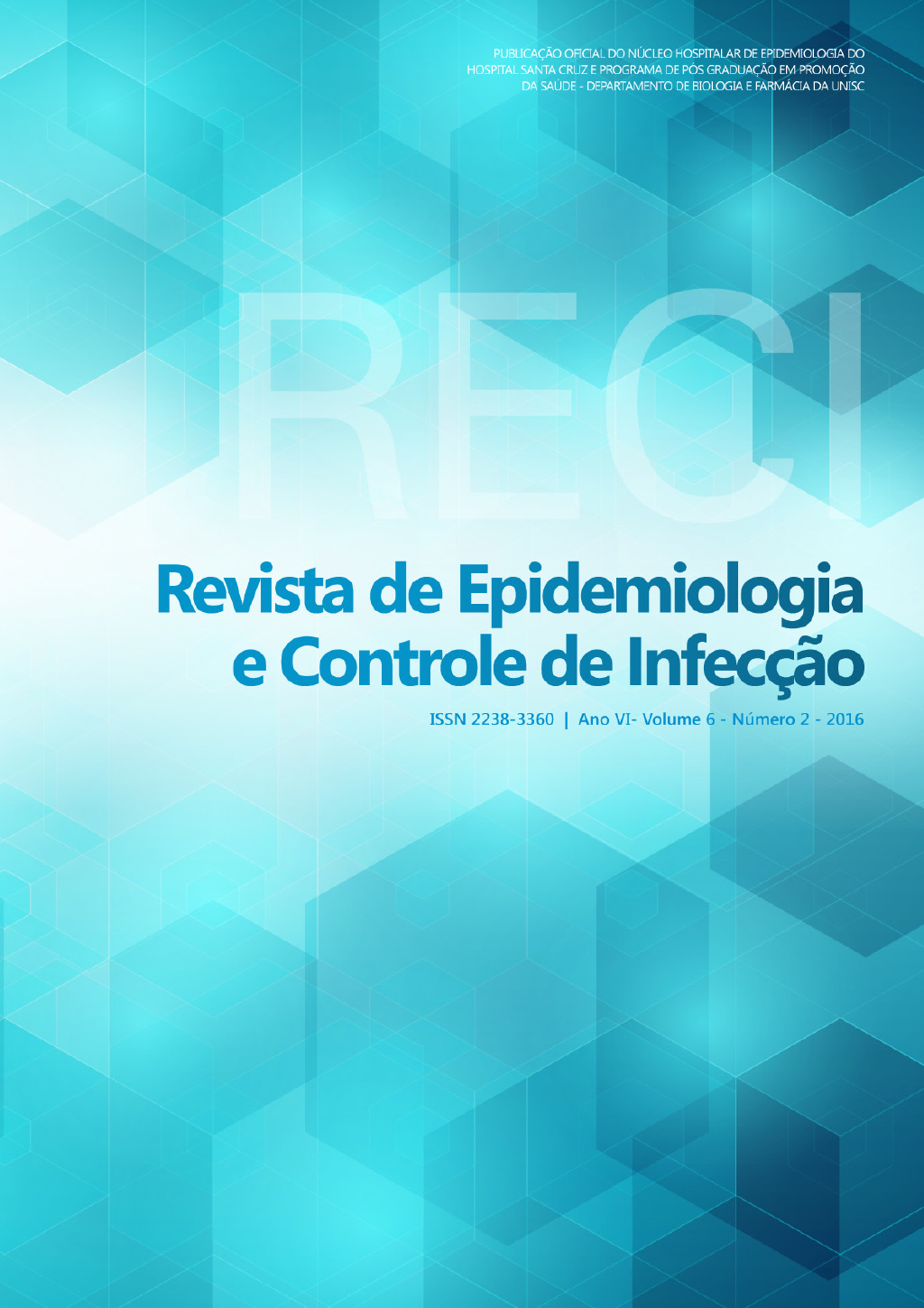Knowledge and practices of primary health care users about dengue
DOI:
https://doi.org/10.17058/reci.v6i2.6381Abstract
Background and objective: Dengue is an infectious viral disease transmitted by the bite of the Aedes aegypti mosquito that usually has a benign evolution, but can bring serious problems to the population. Considered a serious public health problem worldwide, it mainly affects tropical countries, where the climate and sanitary conditions favour the development and proliferation of the transmitter. Control of the disease is related to the elimination of the means that allow the development and proliferation of mosquitoes. The research aimed to know the perception of users of primary care (AB) on dengue and the actions taken in home to prevent them. Method: This is a qualitative study, conducted with 12 users of the health service that took place at a Basic Health Unit of the Eastern/Southeastern Regional Health Board of the city of Teresina PI, located in the neighborhood that, according the Municipal Health Foundation, has the highest incidence of the disease. Results: Two categories emerged: “Dengue, synonymous with disease to the Basic user of Attention” and “Dengue prevention as a means of protection”. The study found how much the users of Unified Health System know about the disease and its means of development – it’s known by many of the users the main ways of preventing the disease and that these are related to the hygiene of home care with standing water in plants, vases, tires and bottles. Conclusions: Permanent education of health users and surveillance is a determining factor in dengue control, making health professionals and health care users the key players in the process of health and prevention of Dengue.Downloads
Downloads
Published
How to Cite
Issue
Section
License
The author must state that the paper is original (has not been published previously), not infringing any copyright or other ownership right involving third parties. Once the paper is submitted, the Journal reserves the right to make normative changes, such as spelling and grammar, in order to maintain the language standard, but respecting the author’s style. The published papers become ownership of RECI, considering that all the opinions expressed by the authors are their responsibility. Because we are an open access journal, we allow free use of articles in educational and scientific applications provided the source is cited under the Creative Commons CC-BY license.


